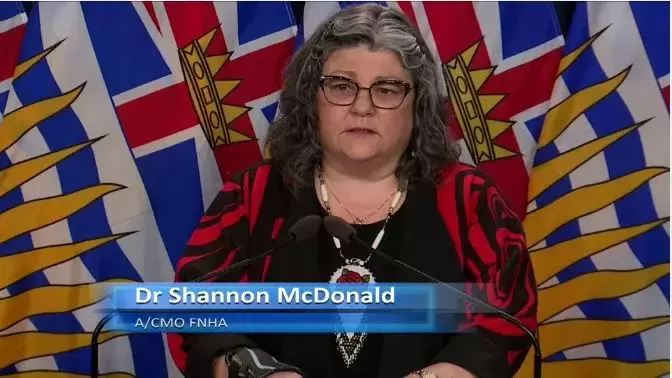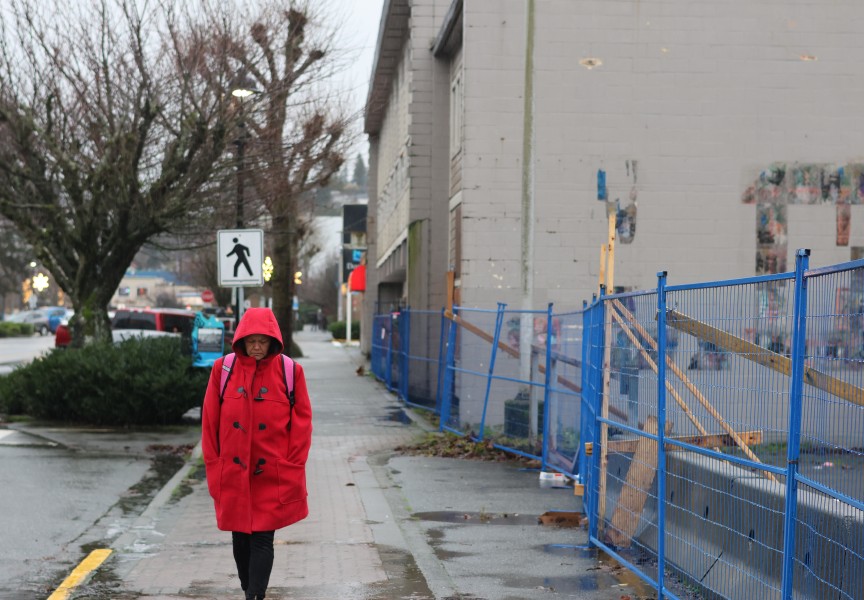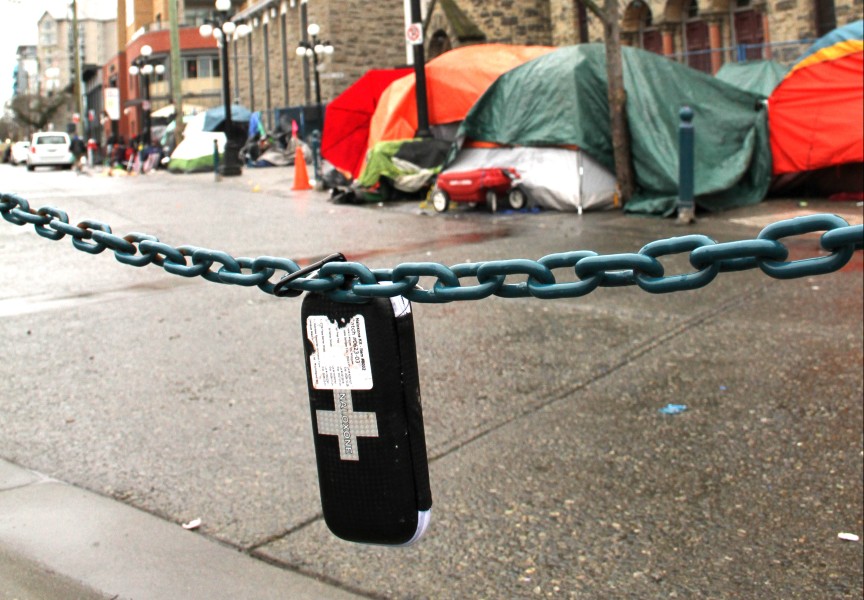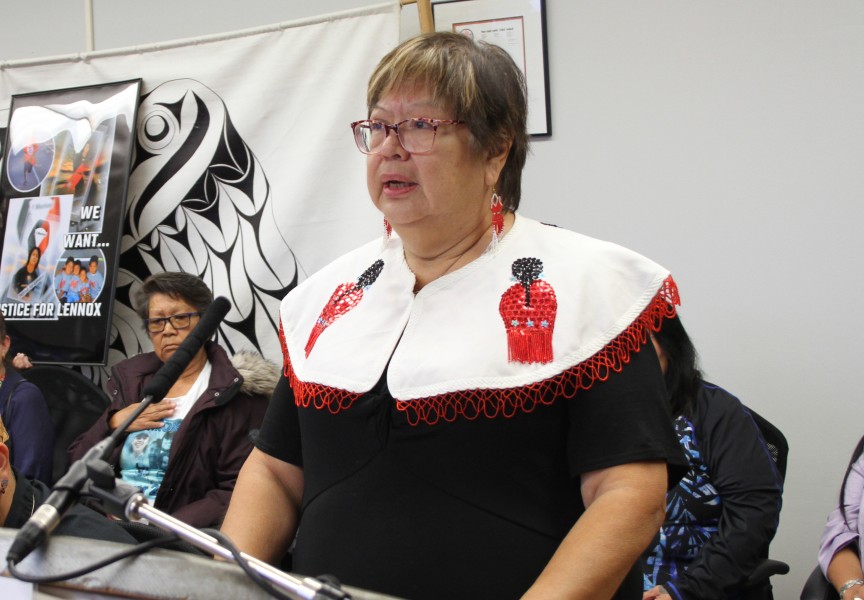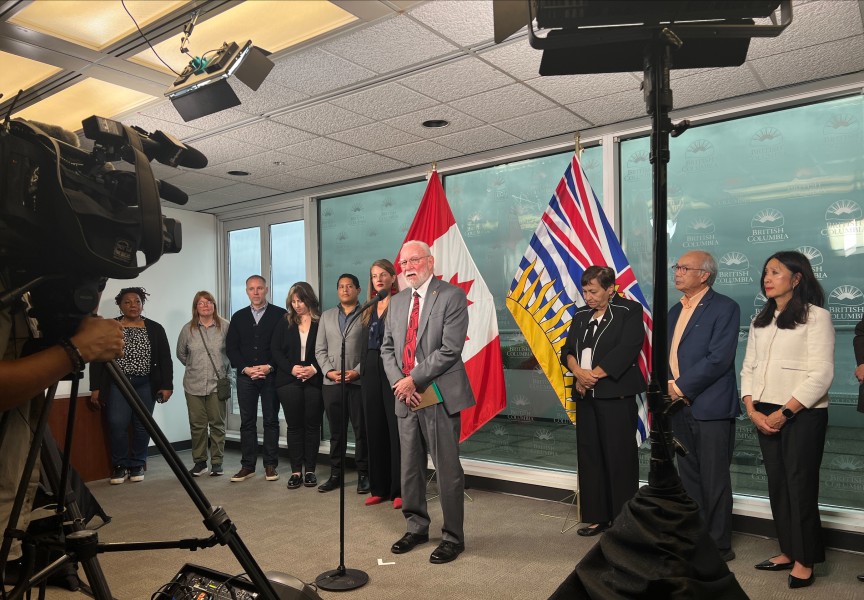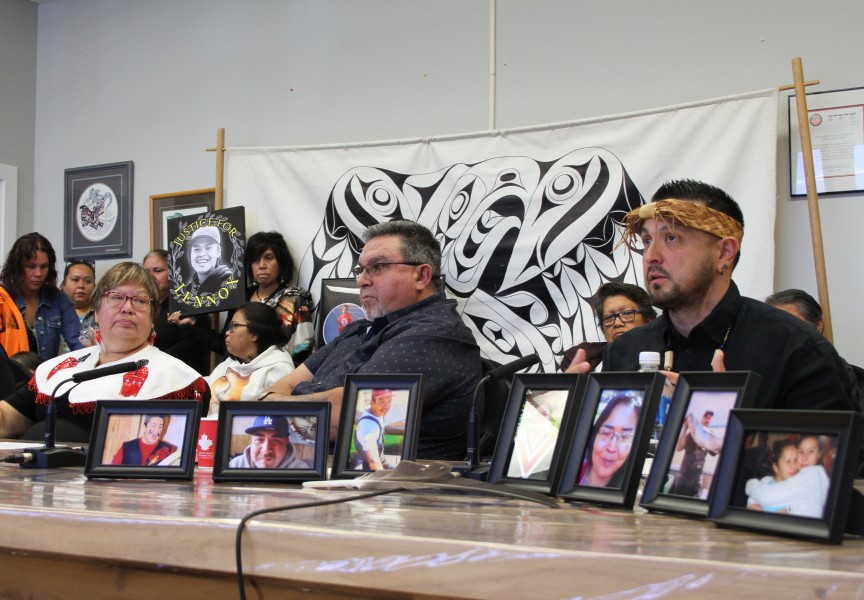After seeing the number of overdose fatalities nearly double over the course of the COVID-19 pandemic, the provincial government is pushing to decriminalize possession of illicit drugs.
British Columbia is now seeking an exemption under the Criminal Code of Canada in order to “remove shame that often prevents people from reaching out for life-saving help,” according to today’s announcement from the B.C. Ministry of Mental Health and Addictions. This exemption hinges on approval from Ottawa, but now the ministry is working with Health Canada to apply for a provincewide exemption to the Controlled Drugs and Substances Act, which governs possession of narcotics in B.C.
"Stigma drives people to hide their drug use, avoid health care and use alone," said Sheila Malcolmson, minister of Mental Health and Addictions in a statement. "Through provincewide decriminalization, we can reduce the fear and shame that keep people silent about their drug use, and support people to reach out for help, life-saving supports and treatment."
This statement represents a shift in the provincial government’s stance on drug enforcement. Almost two years ago Provincial Health Officer Bonnie Henry pushed for the decriminalization of illicit drugs, but the province declined to move forward on the recommendation.
Since then frustration has been evident when Chief Coroner Lisa Lapointe has delivered her regular tallies of overdose deaths. During a press conference today she remarked how a whole infrastructure has been built over decades to punish people for the underlying health condition of drug addiction.
“What we have here is a very patchwork, ad-hoc system in this province,” she said.
Today marks the fifth anniversary of the province’s declaration of the opioid crisis as a public health emergency. Since then there have been some improvements in the number of people dying from illicit drug use, with B.C.’s total fatalities falling significantly to 985 in 2019. But this progress was broken the following year when COVID-19 transformed how health and social services are delivered. By the end of 2020 the B.C. Coroners Service tracked 1,724 suspected deaths from street drugs. Another 329 people are believed to have died over the first two months of 2021.
During a press conference headed by Lapointe and Henry, the officials spoke of how the pandemic has worsened the opioid crisis. Henry noted that some people who coped with their addictions issues in recent years have resorted back to street drugs amid the difficulties of COVID-19. She admitted that measures introduced to control the spread of the highly infectious coronavirus have created “more precarious situations.”
Indigenous people have been dramatically affected by the opioid crisis, with a fatality rate by overdose that is more than five times that of the rest of B.C.’s population. From January to May of last year the First Nations Health Authority reported a 93 per cent increase in Aboriginal people who died by illicit drug use over the same period in 2019.
During the April 14 press conference Dr. Shannon McDonald, the FNHA’s acting chief medical officer, stressed that efforts to keep drug users alive “have not been sufficient and have failed.”
“There isn’t enough places to go for people to get the help they need,” she said.
Public health officials blamed the pandemic for disrupting the normal distribution routes for narcotics, thereby causing a more unpredictable and deadly mix of supply on the street. Fentanyl has been linked to 83 per cent of recent illicit drug deaths.
“Even a single experiment can be fatal,” cautioned Henry.
Besides decriminalization, opioid agonist treatment has been identified as a means of curbing the overdose crisis by prescribing safer alternatives to drug users, such as Suboxone. Currently more than 23,000 people in B.C. are receiving opioid agonist treatment, but the shift to more health professionals supplying these medical alternatives has been “painfully slow,” remarked Henry. Use by inhalation, such as smoking crack-cocaine, is now the most common cause of overdose death, reports the Coroners Service.

